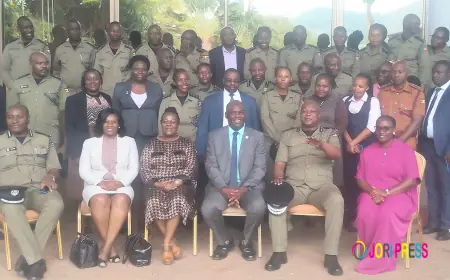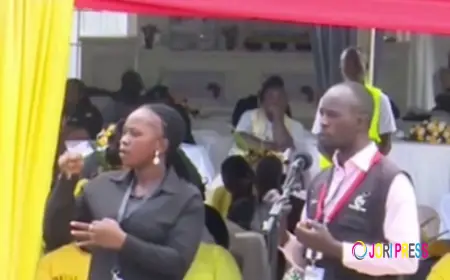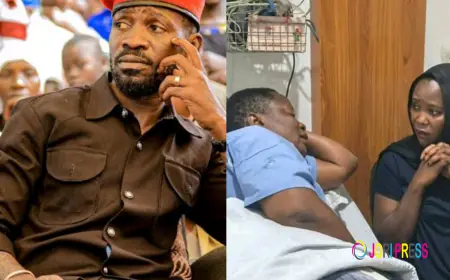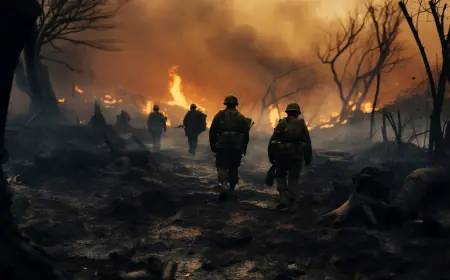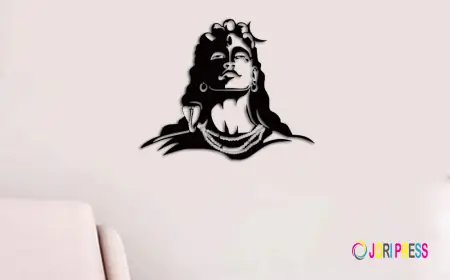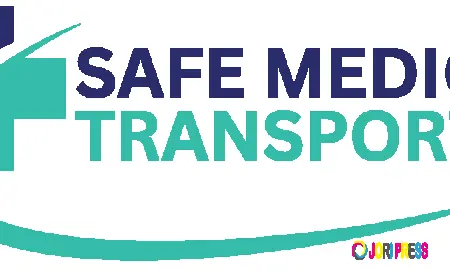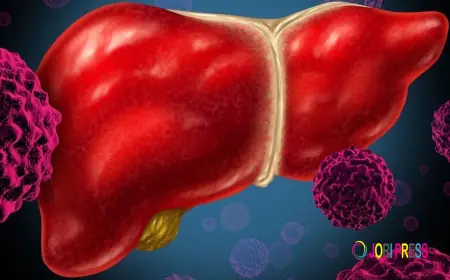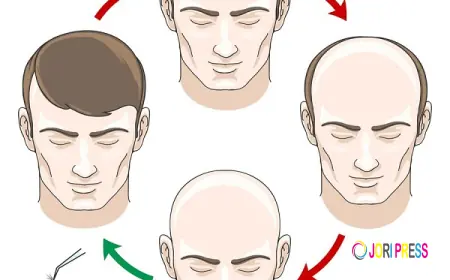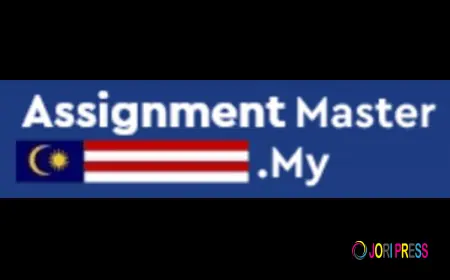NRM elections and the public good


How the ruling party’s competitive elections produce a government that serves individuals
THE LAST WORD | Andrew M. Mwenda | The just-concluded NRM primary elections are a classic case of the inconsistency between Uganda’s politics and democratic theory. There is a wide expectation that when leaders are subjected to popular control by the population through regular elections, they become responsive to the public good. Indeed, that is the whole essence of elections: to allow voters select those leaders who are responsive to the public good. This is achieved by electing poor and/or nonperforming leaders out of office and endorsing the good performing incumbents by reelecting them into office.
In the just concluded elections, 82% of NRM incumbent MPs lost the party’s flag. In fact, this is a pattern both the party and the country have sustained in all previous elections. For instance, the current size of our parliament is 536 members. Only 105 were in the previous parliament. Therefore, more than 75% of the current parliament are new members. This anti-incumbency against legislators at the national level also happens in elections to the local governments for executive and legislative offices. In every election, over two thirds of elected officials at all levels are removed from office.
Therefore, except for President Yoweri Museveni, who has become permanent furniture in the presidency, every other leader is subject to rigorous popular pressure. Yet despite such consistent vigilance by the electorate, the Uganda government exhibits an unusually low degree of responsiveness to the common good. So many things go wrong in both central and local government. Schools rot, hospitals go into disrepair, roads develop potholes, garbage goes uncollected, sewage spews into the roads, “investors” backfill swamps and other wetlands causing floods, etc. Despite these glaring failures, Uganda continues business as usual.
Next to Uganda is Rwanda. By every measure of democratic theory and practice as defined in a textbook, Uganda beats Rwanda hands down. There is more political participation in Uganda than Rwanda. Elections in Uganda are much more contested than Rwanda. Museveni faces much greater competitive pressure at every election than President Paul Kagame of Rwanda. In fact, Museveni is, in every election, under greater threat of losing than Kagame can ever imagine. Ugandan MPs face much more electoral threat than their counterparts in Rwanda can ever contemplate. Then, the press in Uganda is freer, civil society much more vibrant, political parties more dynamic, public assemblies more rigorous and probing, etc.
The attention public officials in Rwanda pay to the common good is truly inspiring. Public offices are treated as sacrosanct. When you visit a government school or hospital, walk or drive on public road or visit a public park, enter a government building or a political party office, go to a public library or museum, pass through their airports or public bus and taxi parks, or just going into a military barracks or politic station, etc. the quality of maintenance of these public spaces is even better than you fund in private homes and businesses premises, be they hotels or restaurants.
Every day, Rwanda’s public officials – with all their weaknesses – go to office and try their best to promote and protect the good of the citizen and country. They clean the streets, they clear drainage, mow the grass in public parks, prune the flowers, tend to the sick, teach the young, respect the elderly, etc. When there is a traffic logjam somewhere, the police are on time to help motorists. When a pothole develops in a road, the public office responsible, whether central or local government, will respond immediately.
Many people who visit Rwanda armed with prejudice and ignorance claim that officials respond this way because of an “authoritarian” state. Others claim it is fear of one man, Kagame, that drives these public expressions of commitment to the common good in Rwanda. Recently, a Nigerian who visited Rwanda posted on twitter (X) that he found the people there subdued. There is a lot of truths in the claim that Kagame’s iron discipline has ensured a very efficient and effective administrative state in Rwanda. But it is not the whole truth, in fact it is a distorted truth.
What Kagame did in Rwanda is to set a minimum standard below which he feels Rwanda should not go. And he has exhibited a tenacious commitment to enforcing it. However, that is one part of the story. The other part is that, and which I think is most critical, is that Kagame has directed the gaze of Rwandans to a vision of their individual and nation’s greatness. He has painted that vision in bright colors and then inspired Rwandans, in both his words and deeds, to reach out to that dream of a great country. He has inspired Rwandans to believe that they can achieve their personal and collective goals. The thing is that they have bought it.
This is big idea that has made public services in Rwanda function. It is hard to improve anything using intimidation and threats. If Kagame’s iron fist was the only instrument he had in his tool kit, he would have either failed or achieved much less. Indeed, and contrary to ill-informed opinion about that country, Rwandans are much more dynamic and activist about the public good. The pursuit of collective goals in not just imposed from above. There is a symbiotic relationship between the leadership and the citizenry.
For instance, if there is a public service that is not working, Rwandans will take to twitter and other social media to complain. Immediately this happens, responsible public officials will intervene quickly and get the problem resolved. One reason for this is that if they don’t intervene immediately, there is an authority that will come down on them like wildfire. In Uganda, a road will fall apart, and citizens resign to its fate. This is partly because Ugandans have the experience that no one really cares. Why? Because even the many times they have launched mass public campaigns against potholes and giant craters in their roads, no one has cared to respond.
Thus, what appears as a vibrant civic life with a lot of activism are voices of despair and desperation, not hope. Ugandans know that little or nothing will change. On the other hand, what appears as silence in Rwanda is because it takes a short time between when activism against failure of a public service is raised and when the problem is solved. So popular campaigns do not last forever, a reality that creates a sense that people are subdued. In this election, Ugandans will be killing each other for individuals to get a public job. In last year’s elections, Rwandans were coming together to serve the public. That is the entire difference.
****










